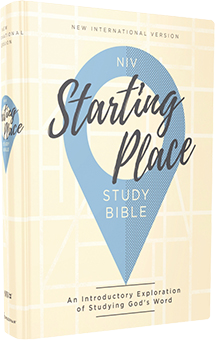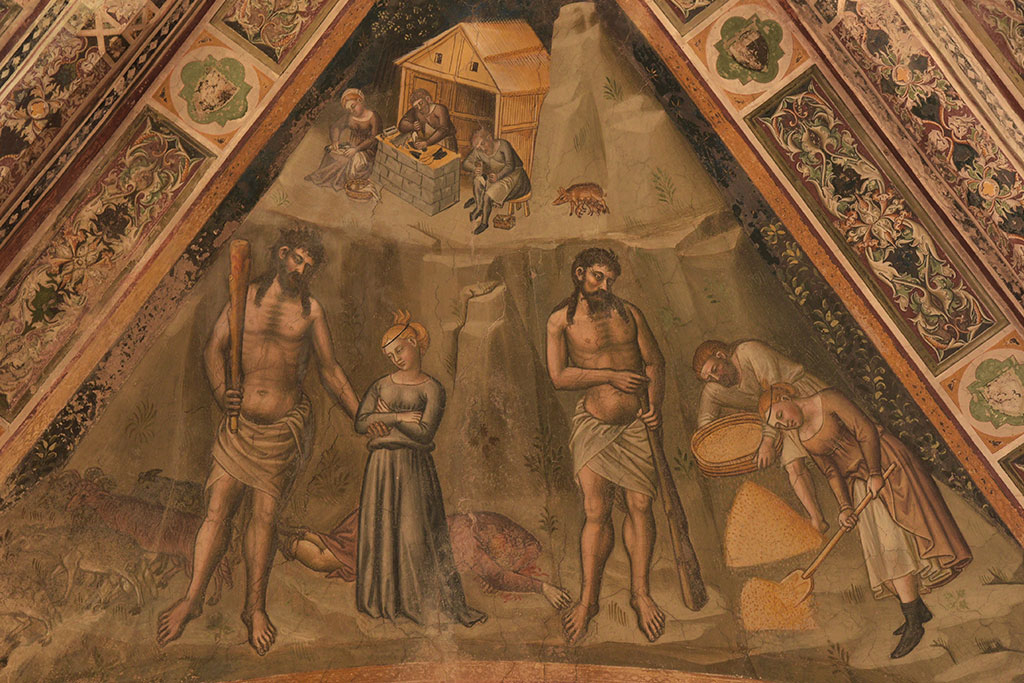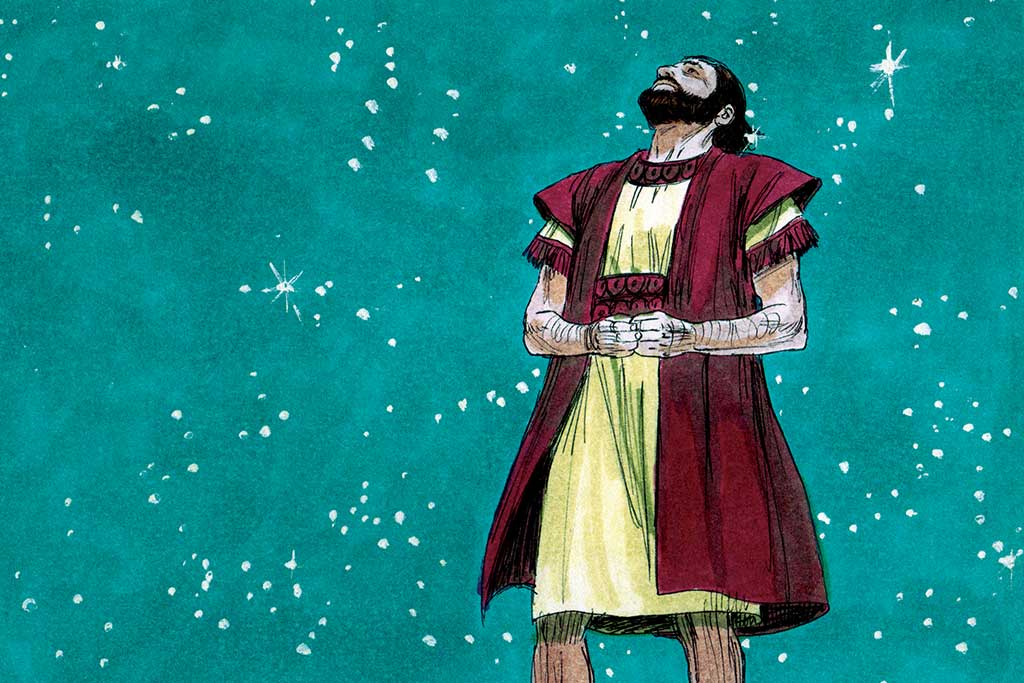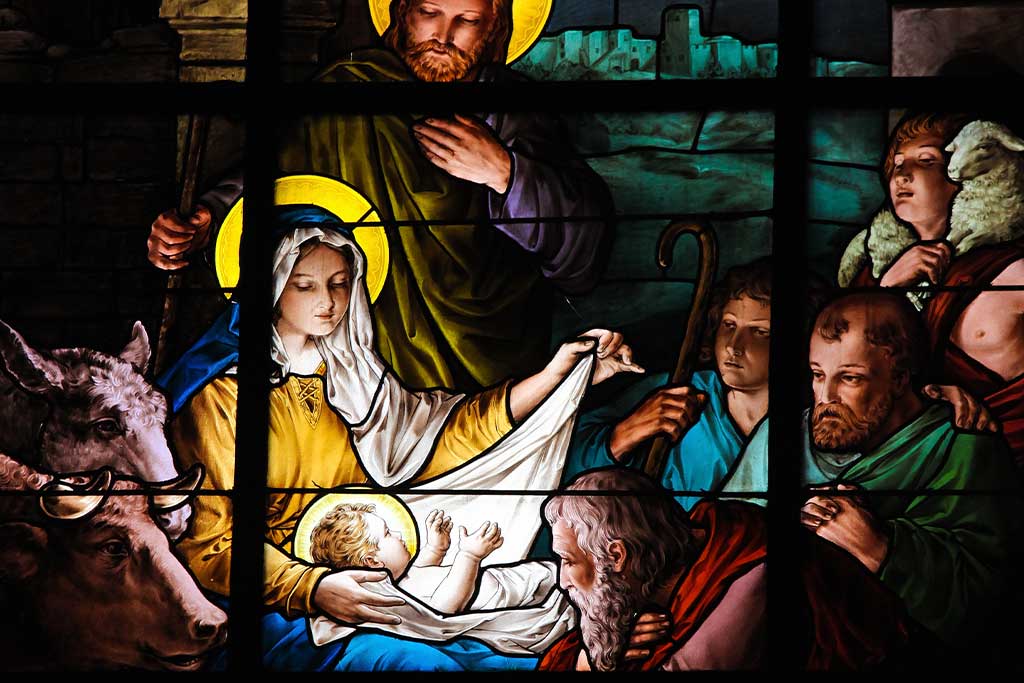
Noah and the Great Flood
The traditions of ancient peoples throughout the world share in common the inclusion of flood stories. The Mesopotamian accounts have garnered the most discussion since they are culturally closer to the Biblical material than any of the other non-Scriptural narratives. The most famous Mesopotamian flood account is the Babylonian version, found in the library of the Assyrian king Ashurbanipal (seventh century BC) as part of the larger Epic of Gilgamesh.
In this epic, Gilgamesh searches for a man named Utnapishtum (the equivalent of the biblical Noah), whose story is then recounted. When one of the highest gods, Enlil, becomes annoyed by the cacophony of noise coming from human beings, he decides to inundate and destroy them all in a catastrophic deluge. Enki, the god of waters, reveals Enlil’s intent to the mortal Utnapishtum, directing him to construct an enormous boat and load it with pairs of animals. Instructed not to reveal the reason for this mystifying building project, Utnapishtum is further commanded at a critical point to take his wife on board with him.
For seven harried days and nights Utnapishtum and his wife are tossed about in this vessel as floodwaters engulf the earth. When the waters finally subside, the boat lodges atop a tall mountain. Utnapishtum sends out a dove, a swallow and a raven, the last of which fails to return, apparently having located nourishment. The man then disembarks and offers lavish sacrifices to the gods, who in turn bestow eternal life on him and his wife for having safeguarded the future of humans and animals.
Bible readers will immediately recognize the similarities between the Mesopotamian and biblical accounts. But there are significant differences, too. According to the Bible God was not simply irritated by the sin of humanity; he was profoundly grieved, to the point that “his heart was deeply troubled” by the magnitude of human sin (Genesis 6:5 – 7).
The differences can be attributed to the special revelation God gave the Biblical authors, including the writer of Genesis, by which he made known his plan of redemption. The other versions provide extra-Biblical confirmation of the story of a great flood rather than demonstrating, as some have suggested, that the biblical account is a myth.
How Widespread Was the Flood?
The case is strong that this flood covered the whole world:
1. It destroyed “all life under the heavens” (Genesis 6:17).
2. The waters rose at least 20 feet above “all the high mountains” (Genesis 7:19 – 20).
3. The flood lasted 371 days, indicating that this was more than just local flooding.
4. The final fiery judgment of the whole earth is compared to Noah’s flood (see 2 Peter 3:3 – 7).
After more than a full year, the waters had returned to their place (Genesis 7:11). As in the beginning, God brought the waters of earth into their place (Genesis 1:9–13). The flood began in Noah’s 600th year, in the 2nd month, on day 17 (Genesis 7:11) and ended in Noah’s 601st year, in the 2nd month, on day 27 (Genesis 8:14).
Noah and his family spent more than a year confined in the ark. When they emerged at last to step out on muddy ground, their first action was to worship God. In response, God made a new covenant with Noah, promising never again to destroy the earth. He urged Noah and his family to be fruitful and multiply, just as he had urged Adam and Eve in the beginning.
Article drawn from study features in the NIV Starting Place Study Bible.

NIV Starting Place Study Bible
The NIV Starting Place Study Bible offers and introductory exploration into studying God’s Word. Includes approachable, easy to use features including book introductions, context notes and character profiles. A great gift for new believers.
Learn More






Nice